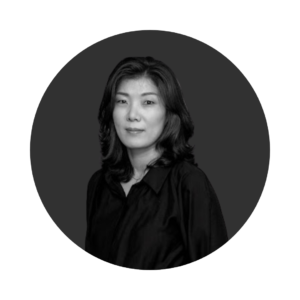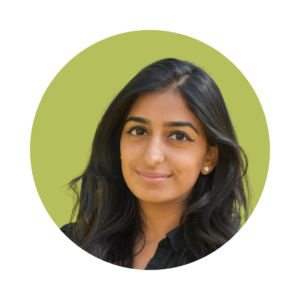Keynote Speakers
Keynote speakers will be given a thirty-minute speech time slot for one of our three speech sessions during the Our Giant Leap Hackathon 2022.
The topics will be amongst the following list:
- Status of gender equality in the world/ Actions and advocacy for gender equality
- Applications of space technologies, processes, principles, and policies to enhance life on Earth specifically to tackle gender inequality
- What a gender-equal world looks like
- Sustainable Development Goals and specifically #5
Ms. Veronia Cesco
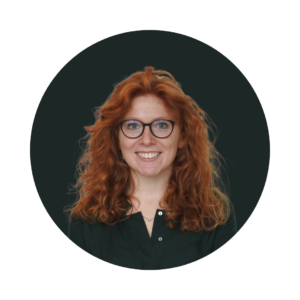
Dr. Soyeon Yi

Dr. Sunghee Lee
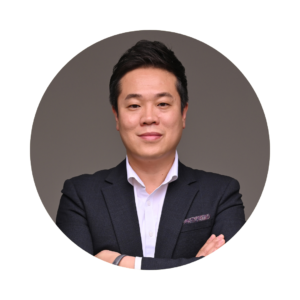
Mentors
During the Our Giant Leap Hackathon 2022, in-person mentors will accompany hackers for their projects, in some of the following fields:
- Sustainable Development Goal (SDG) #5
- Gender equality advocacy
- Satellite data utilisation
- Business development and leadership
Ms. Neevy Van Laningham
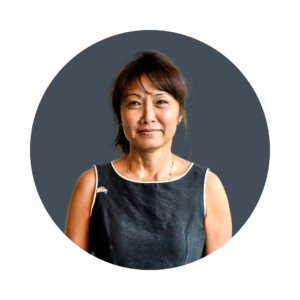
Ms. Adriana Cursino Thomé
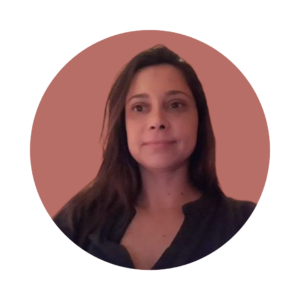
Dr. Youn-Hyeong (Alberto) BAEK
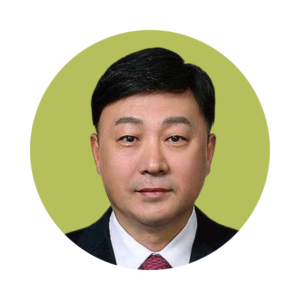
Dr. Jake Noel-Storr
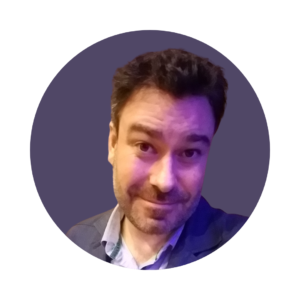
Dr. Heein YANG
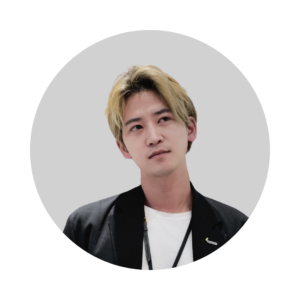
Jury Members
Jury members will review and evaluate the ideas proposed by all Hackers Teams are based on the following criteria:
1. Strict demands (for all projects)
● Achieving Goal #5 of the SDGs;
● Using space technology and/or know-how in the proposed project;
2. Other criteria
● Is the project financially viable? Higher scores for those that are;
● Originality (of the idea and presentation) and innovation;
● The project has to have made a significant impact* for gender equality by
2030.
*evaluated based on the following question: “Will the project have eliminated some form(s)
or aspect(s) of gender inequality for at least one community in the world?”
Hyun-Ok Kim

